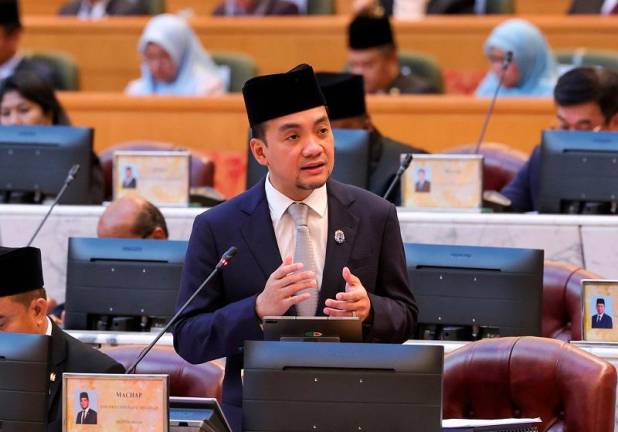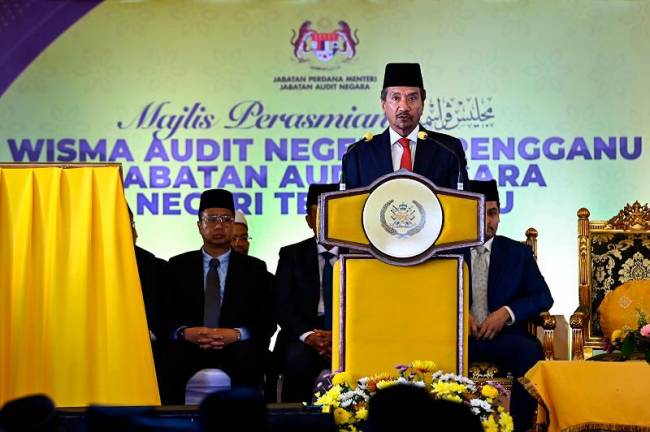PETALING JAYA: Complying with the basic wage requirement of RM1,500 monthly as stipulated in the 2022 Minimum Wage Order (MWO) across all sectors can be particularly challenging for micro-enterprises and small businesses, said Malaysian Employers Federation (MEF) president Datuk Dr Syed Hussain Syed Husman.
Currently, there are employers with five or more workers who are ignoring the MWO.
“Economy Minister Rafizi Ramli has said there are still 10% of formal workers receiving wages below the minimum rate of RM1,500 per month.
“Even though there seems to be some signs of economic recovery, Malaysia was not out of the downturn in May 2022, and even now. Smaller businesses are still not fully able to pay the minimum wage.”
READ MORE: Unscrupulous employers still not complying with minimum wage order - MTUC
Syed Hussain said smaller enterprises often operate on tighter budgets and have limited financial resources compared with large corporations and face obstacles that can hinder their ability to afford higher wages for their employees.
He said while efforts have been made to uplift wages and improve labour conditions through policies, government intervention is necessary to support the viability of micro- and small businesses.
“The government should provide subsidies to micro and small businesses to help them comply with the MWO while also ensuring they can retain their employees.
“Meanwhile in some jurisdictions, these businesses should be given exemption from the application of MWO to prevent adverse impacts on business viability, job creation and economic growth within these sectors.”
Syed Hussain said policymakers must consider alternative support mechanisms to address the challenges faced by micro and small businesses in meeting minimum wage requirements without compromising worker rights and welfare.
He said rather than resorting to punitive measures, employers who are struggling to comply with the MWO should be offered appropriate support and resources to facilitate compliance.
“The government should assist the micro- and small businesses in adopting new technologies and enhancing the skills of their employees.
“This can contribute to the long-term sustainability and competitiveness of these enterprises which not only strengthens the resilience of small businesses but also fosters economic growth, job creation and social inclusion within communities,” he said.
Syed Hussain added that cash flow constraints present a substantial barrier for micro and small businesses striving to adhere to the MWO.
“Addressing cash flow constraints is essential to support micro and small businesses in their efforts to comply with the MWO while ensuring the well-being of their employees and preserving economic stability.”
Syed Hussain said MEF believes that there is an urgent need to broaden the definition of wages under the National Wages Consultative Council Act 2011 to include various payments employers may offer to improve total employee remuneration.
“The existing definition of wages under the Act only considers basic wage and limits employers’ capacity to provide additional employee welfare benefits on top of the minimum wages.
“Hence, there is a need to redefine wages to encompass all other forms of payments, thus arriving at a comprehensive total remuneration package,” he said.
ALSO READ: MTUC calls for minimum wage review due to recent hike in service tax










